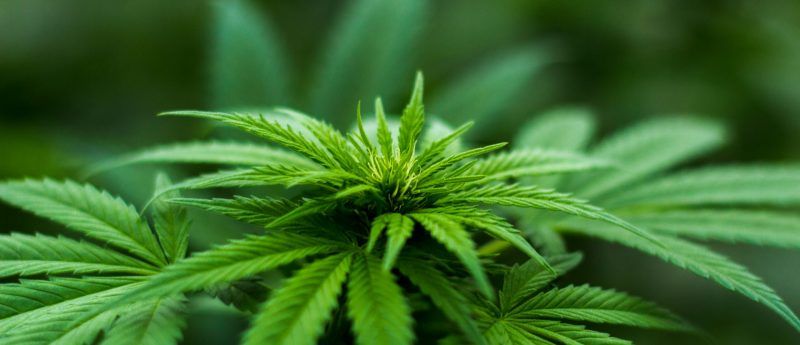Pediatric cannabis exposure increased following medical marijuana legalization in Massachusetts

The results of a repeated, cross-sectional, public health investigation suggest pediatric and young peoples’ cannabis exposure increased following the legalization of medical marijuana in Massachusetts in 2012.
In 2012, medical marijuana was legalized in the state of Massachusetts (USA). Now, public health researchers from the University of Massachusetts Amherst (MA, USA) have analyzed data from the Regional Center for Poison Control and Prevention at Boston Children’s Hospital (MA, USA) and found the number of pediatric and young peoples’ cannabis-related poison control calls to have doubled following this legalization.
As of July 2019, medical marijuana use has been legalized in 33 American states out of 50. Of particular concern is the potential increase in unintended exposure of children under the age of nine to cannabis-containing products owned by household members. In attempt to combat this, the Massachusetts Department of Public Health — the initial regulator of medical marijuana in Massachusetts — instituted strict packaging laws of cannabis products such that these were childproof and unappealing to adolescents.
This study was undertaken following the release of data from Colorado and Washington states indicating that, for children under the age of nine, the numbers of cannabis-related calls to regional poison control centers increased in tandem with the thriving of medical marijuana dispensaries.
In the study, researchers assessed poison control center data during the 4-year periods prior to and post Massachusetts states’ legalization of medical marijuana; adult use of marijuana was still illegal during this study period with legalization occurring in late 2016.
The incidence of calls from Massachusetts to the poison control center concerning single-substance cannabis exposure in pediatric or young peoples — aged 0–19 years — increased from 0.4 per 100,000 during 2009–2012 to 1.1 per 100,000 during 2012–2106.
Though these proportions represent only small fractions of all calls received at the center, these data correspond to a call incidence increase of +140% concerning single-substance cannabis exposure; 19.4% of calls concerned children under the age of 4 years.
Amongst individuals aged 15–19 years, poison control center calls concerning edible cannabis products increased; this was despite previous demonstration that the overall proportion of teenagers utilizing cannabis had not increased following its medical use legalization. This result thus suggests that individuals in this age group may be underestimating the potency of cannabis-containing edibles and concentrated extracts.
In the study, the authors concluded: “This study suggests that states liberalizing marijuana policies should consider strengthening regulations to prevent unintentional exposure among young children and enhancing efforts to prevent use by teenagers, with particular attention to edible cannabis products and concentrated extracts.”
Sources:
Whitehill JM, Harrington C, Lang CJ, Chary M, Bhutta WA, Burns MW. Incidence of Pediatric Cannabis Exposure Among Children and Teenagers Aged 0 to 19 Years Before and After Medical Marijuana Legalization in Massachusetts. JAMA Netw Open. 2(8); e199456. doi: 10.1001/jamanetworkopen.2019.9456 (Epub ahead of print) (2019);
https://www.umass.edu/newsoffice/article/cannabis-related-poison-control-calls
